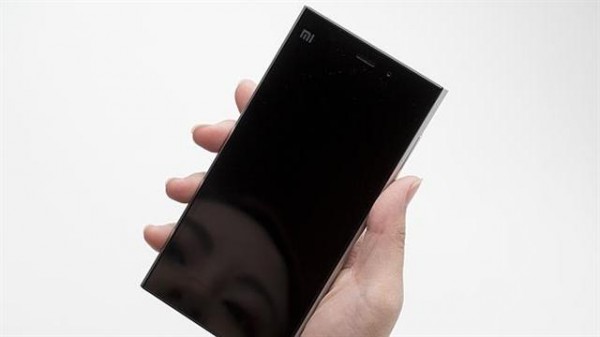An anonymous company not long ago, Xiaomi has managed to take the throne from Samsung as the largest vendor of smartphones in the world’s largest market: China.
With 15 million shipped devices that secured Xiaomi 14% of the Chinese smartphone market in the second quarter of 2014, the Beijing-based company outshined Samsung, which only sold 13.2 million smartphones that represented 13.2% of the total. Just to put things into perspective, Xiaomi experienced a growth of 240%.
Xiaomi achieved this by doing something that’s unconceivable for manufacturers outside of China. This manufacturer sold its devices at a price that exceeds by a little the cost of the components. While this might not make sense for other manufacturers, it’s perfectly logical for Xiaomi, which keeps its devices on the market for 18 months. In all this time, the cost of the components drops, and the company starts making profit. Besides that, outside of China, the same devices have much greater prices, and even the ones found on Chinese websites are overpriced.
Jessica Kwee, a Singapore-based analyst for Canalys, pointed out that “Xiaomi does have the potential to be a disruptive force beyond China and international vendors should take note.” In other words, international vendors should be less greedy and have greater care for their customers, instead of just trying to rob them. It’s really inexplicable how the flagship smartphones coming from big names are twice as pricey as their Chinese counterparts, while clearly underperforming.
Xiaomi does not only make top notch smartphones, but also accessories (such as the MiKey shortcut key for Android devices and the Mi Band smart wristband). On top of that, Xiaomi’s custom version of Android, known as Miui, is something that people can’t get on other devices. To make things even better, Miui gets updated weekly, on each Friday, fact that indicates just how much this company cares about its customers’ feedback.
The goal of this company is to show that affordable devices (well, not cheap by themselves, but in comparison to others) can be great, thus proving that being cheap is not always a bad thing (Tele2′s Frank the Black Sheep would definitely agree with this.)
Ten new markets, including Malaysia, the Philippines, India, Indonesia, Brazil and Turkey will get the chance to buy Xiaomi devices right away, as the company continues to expand. That can only be good news for anyone who’s looking to buy an affordable phone with a stellar performance.
Be social! Follow Walyou on Facebook and Twitter, and read more related stories about the Xiaomi Mi4 and Mi Band wearable, and the Xiaomi MI3 gaming smartphone.

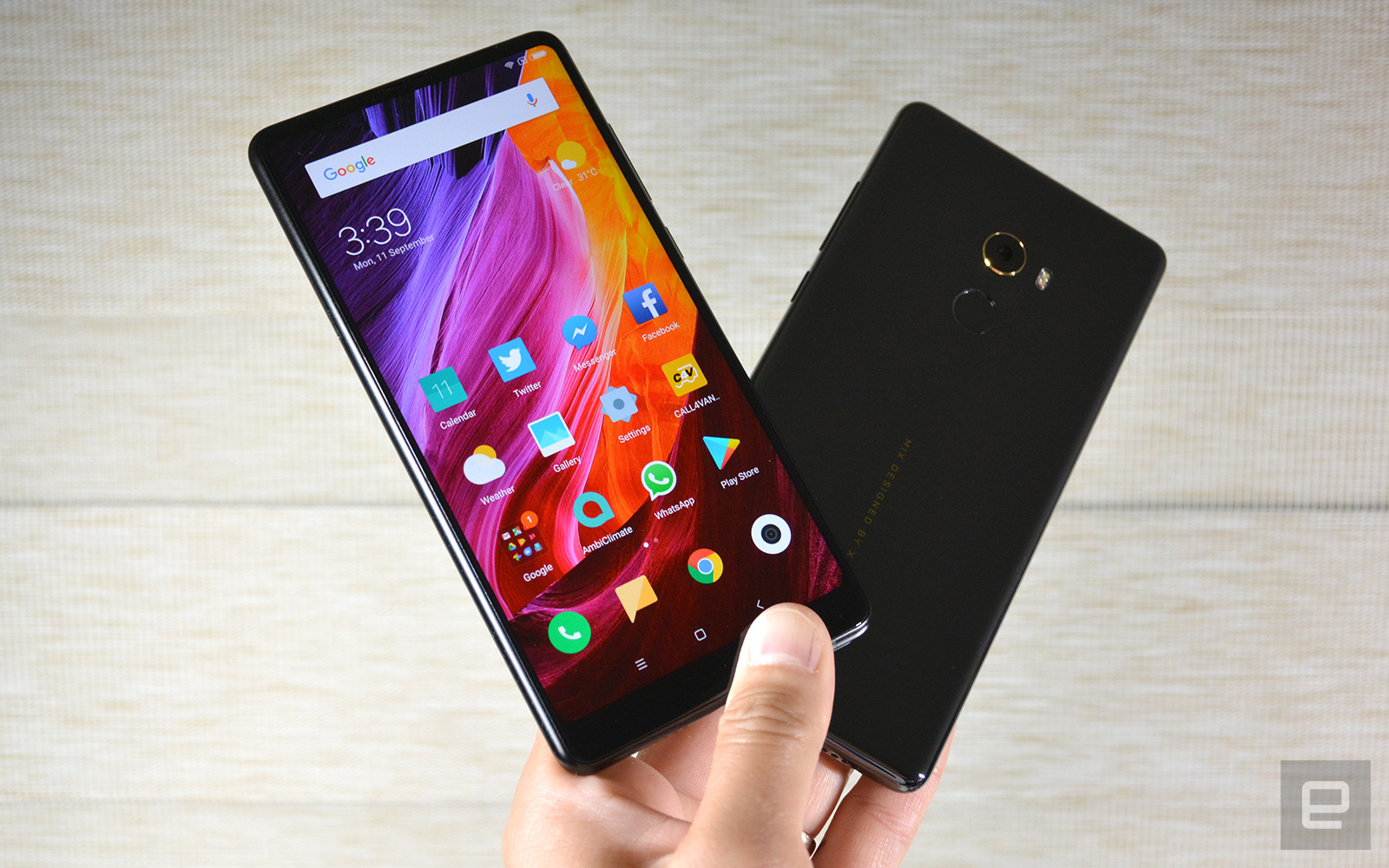 For most of us living outside of China, we tend to be limited to two options when it comes to the choice of materials on our phones: either metal or plastic, or a bit of both (and maybe a touch of wood, if you're lucky). While Essential was grabbing...
For most of us living outside of China, we tend to be limited to two options when it comes to the choice of materials on our phones: either metal or plastic, or a bit of both (and maybe a touch of wood, if you're lucky). While Essential was grabbing...
 For most of us living outside of China, we tend to be limited to two options when it comes to the choice of materials on our phones: either metal or plastic, or a bit of both (and maybe a touch of wood, if you're lucky). While Essential was grabbing...
For most of us living outside of China, we tend to be limited to two options when it comes to the choice of materials on our phones: either metal or plastic, or a bit of both (and maybe a touch of wood, if you're lucky). While Essential was grabbing...
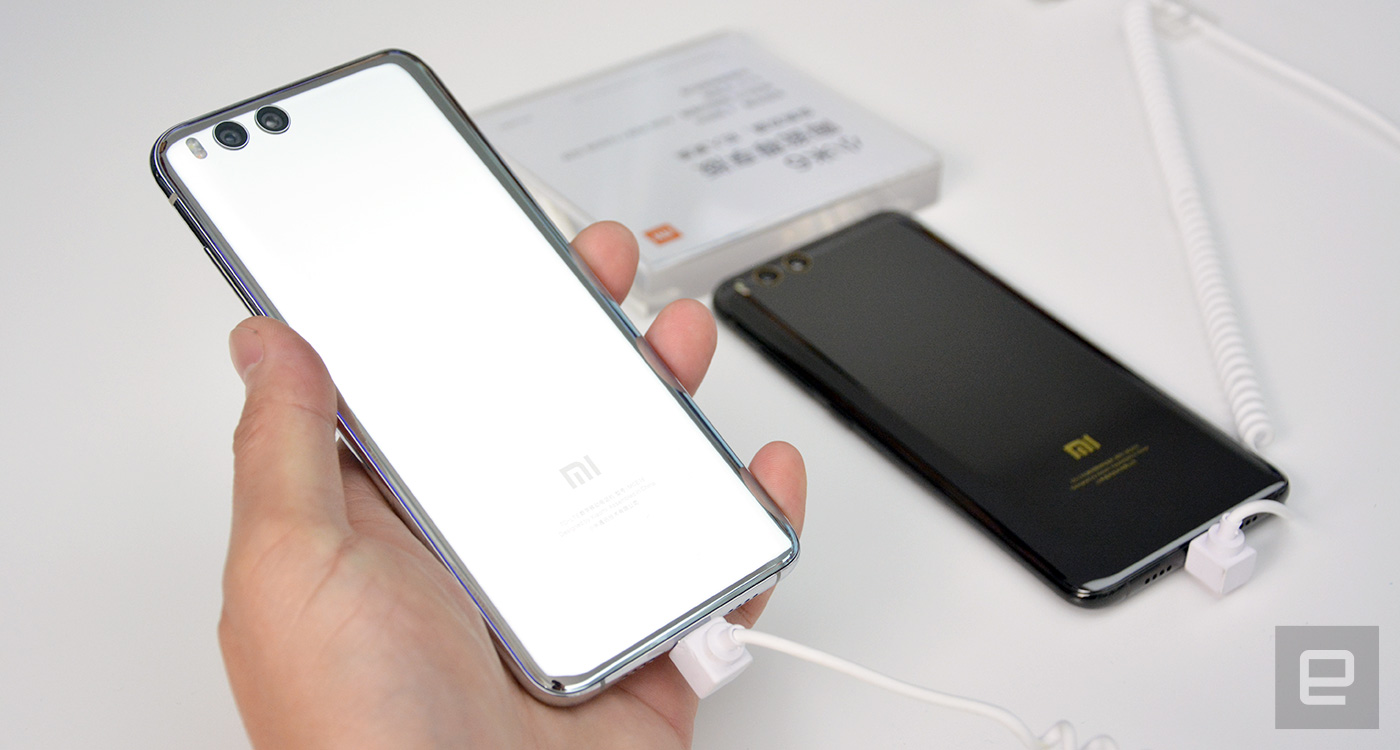 After the swanky limited edition Mi MIX, you'd think it'd be pretty hard for Xiaomi to top that with its next flagship phone, but the new Mi 6 unveiled today still had some tricks up its sleeve. First off, the company has revived the Mi 5's awesome c...
After the swanky limited edition Mi MIX, you'd think it'd be pretty hard for Xiaomi to top that with its next flagship phone, but the new Mi 6 unveiled today still had some tricks up its sleeve. First off, the company has revived the Mi 5's awesome c...
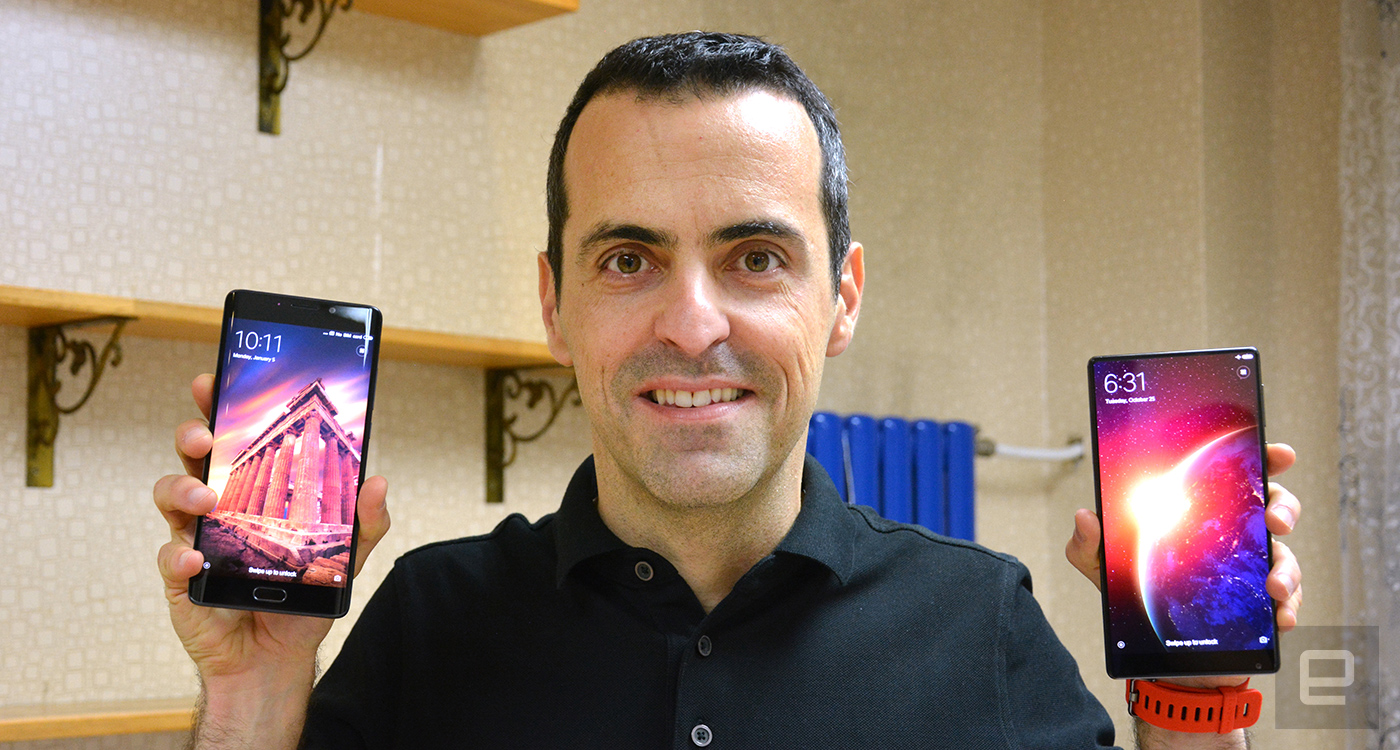 October 9th marked Hugo Barra's third year at Xiaomi, and as its Global Vice President, he watched the company evolve from a China-centric smartphone e-tailer to an IoT ecosystem with a growing international footprint. Xiaomi's recently entered Russi...
October 9th marked Hugo Barra's third year at Xiaomi, and as its Global Vice President, he watched the company evolve from a China-centric smartphone e-tailer to an IoT ecosystem with a growing international footprint. Xiaomi's recently entered Russi...
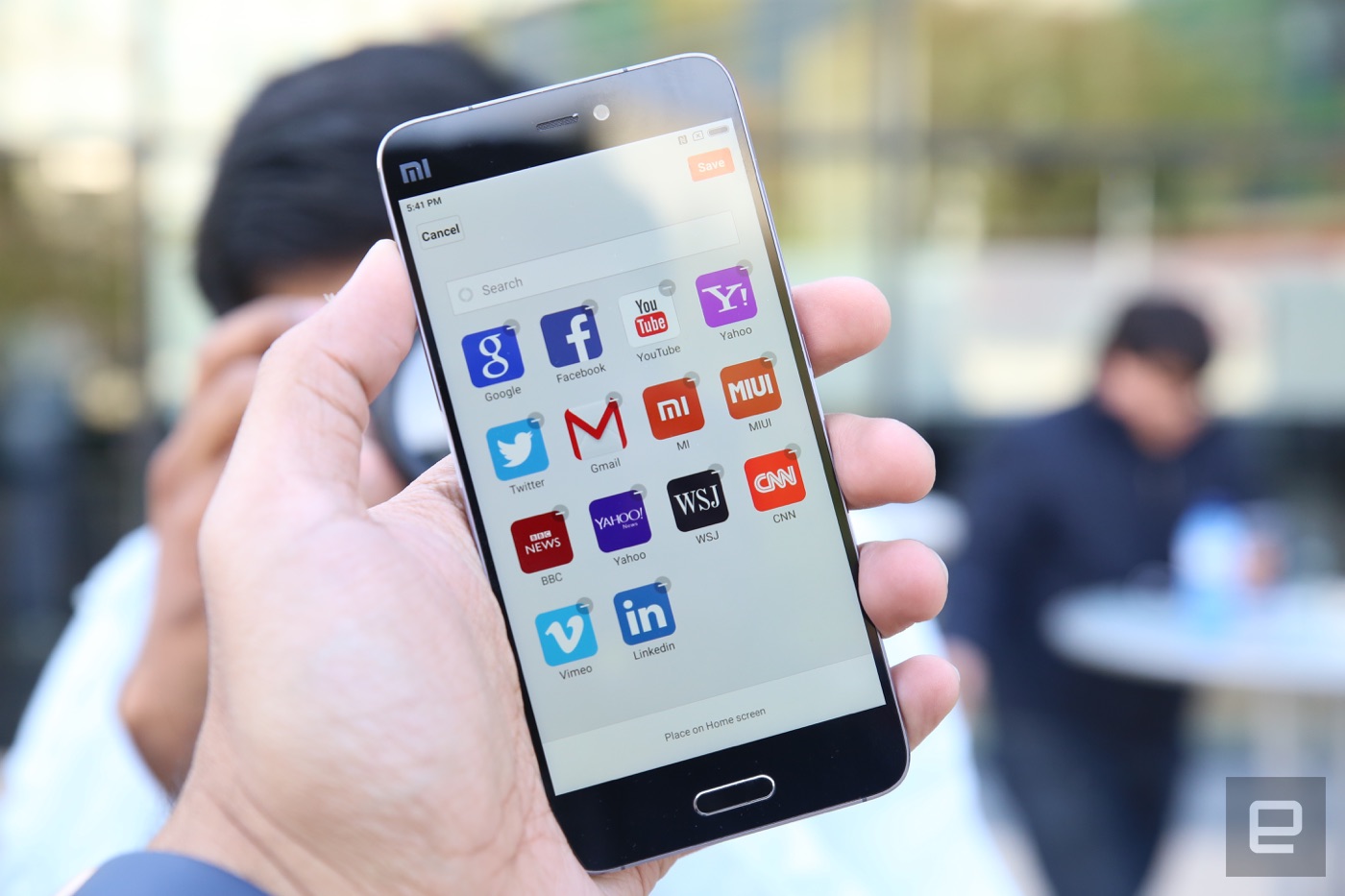 After a few minutes playing with Xiaomi's Mi 5, a thought runs through my head: "I really shouldn't be surprised." The company has found enormous success in its native China, to the point that new allotments of phones sell out in minutes. Since Xiaom...
After a few minutes playing with Xiaomi's Mi 5, a thought runs through my head: "I really shouldn't be surprised." The company has found enormous success in its native China, to the point that new allotments of phones sell out in minutes. Since Xiaom...
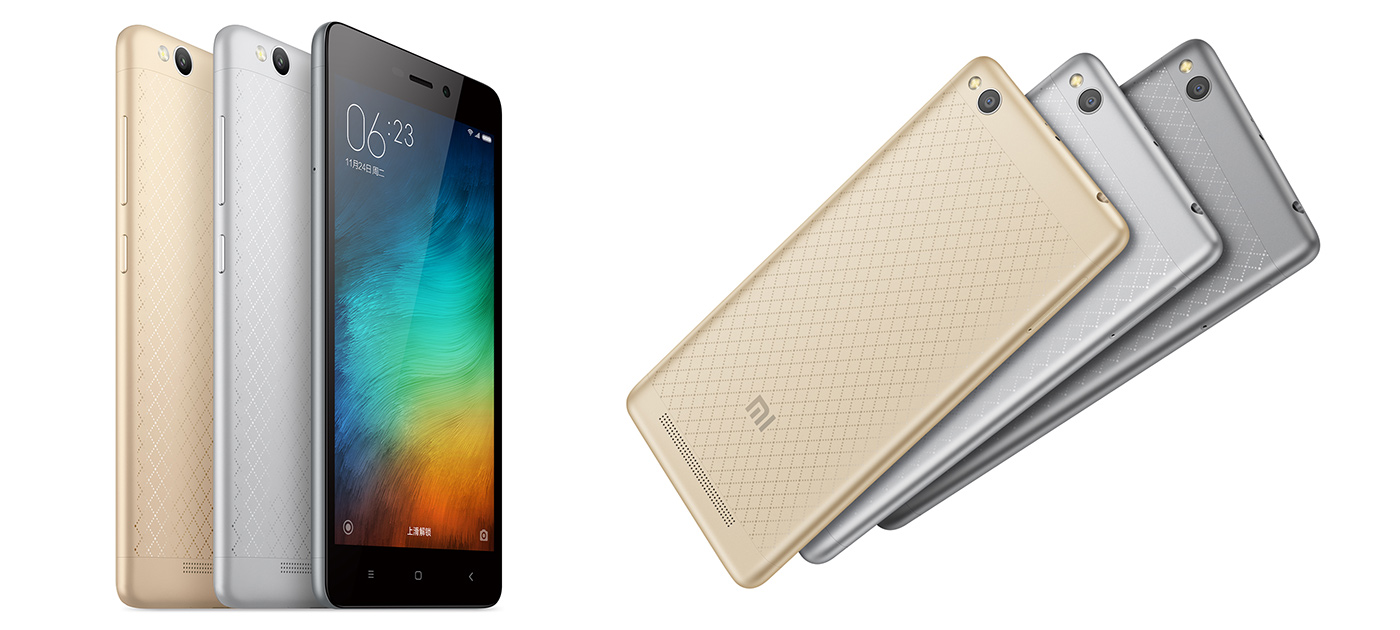 Why yes, here's yet another dirt cheap Chinese smartphone from none other than Xiaomi. The Redmi 3 is the company's latest budget device that costs just 699 yuan (about $107) off contract, which is pretty good considering it comes with a metallic bod...
Why yes, here's yet another dirt cheap Chinese smartphone from none other than Xiaomi. The Redmi 3 is the company's latest budget device that costs just 699 yuan (about $107) off contract, which is pretty good considering it comes with a metallic bod...
